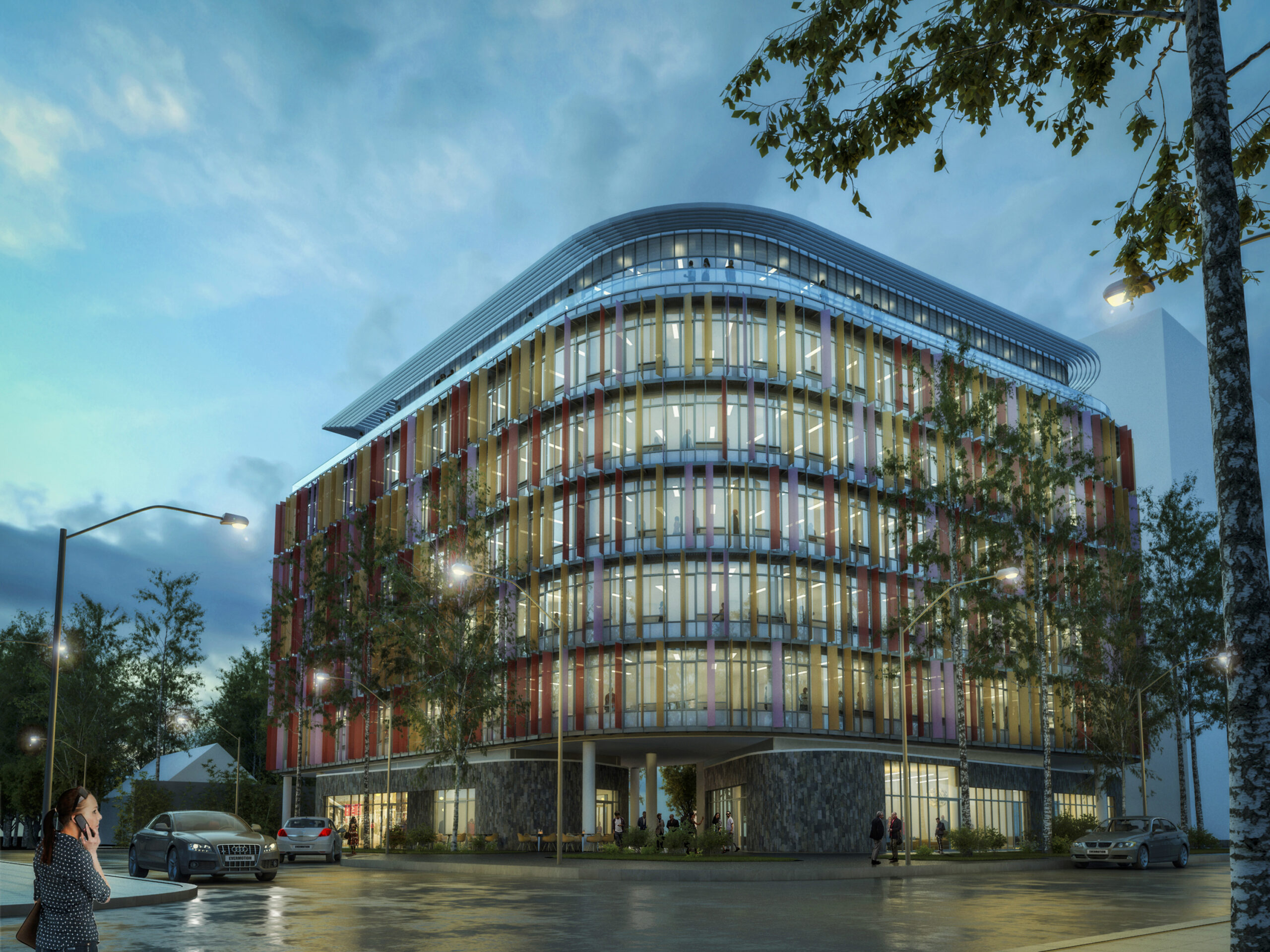FBW Group is marking its 10th anniversary in Rwanda as it looks to further grow its presence in the country.
The business is continuing to play its part in the nation’s development, nurturing Rwandan talent and playing a key role in sustainable projects across a wide range of sectors.
 FBW’s business ethos is closely aligned with Rwanda’s Vision 2050 strategy and its objective of “transforming the country into a highly skilled knowledge-based upper to high middle-income country by 2050”
FBW’s business ethos is closely aligned with Rwanda’s Vision 2050 strategy and its objective of “transforming the country into a highly skilled knowledge-based upper to high middle-income country by 2050”
From a built environment perspective, FBW Rwanda serves Rwandans’ aspirations “for high quality of life valued through the quality of the environment, both natural and built.”
For the last 10 years, the FBW Kigali office team has worked to help deliver several high-profile projects in Rwanda.
In Rwanda, among other notable projects, we have recently completed a masterplan and extension for a medical university in Butaro and major luxury hospitality lodges in Musanze, Northern Rwanda, committed to environmental, sustainable conservation and local community engagement.
We’ve also delivered several mixed-use city developments, including a retail, commercial and transport hub in Kigali, a signature library building for the Kigali Institute of Science and Technology, as well as the creation of special ‘trade and logistics clusters’ near borders and points of entry with regional countries, with advanced plug-in industrial units in the special economic zones.
 Its engineers also played a major role in the creation of ‘the Lord’s of East Africa’ – Rwanda’s internationally acclaimed national cricket stadium.
Its engineers also played a major role in the creation of ‘the Lord’s of East Africa’ – Rwanda’s internationally acclaimed national cricket stadium.
Other notable projects in include designs for new affordable housing estates creating dwelling spaces for more than 3,000 homes.
FBW’s plan includes public green spaces along the central valley with larger mixed-use retail and apartment buildings along a central spine and smaller individual houses located along the perimeter.
FBW looks to incorporate the Rwandan identity and unique culture into its design work, along with delivering sustainable, green developments.
Helping create a circular economy in Rwanda is also an important part of the FBW philosophy and it is at the forefront of work to recycle more material resources and the use of natural local materials in building projects to achieve that aim.
FBW’s 10th anniversary in Rwanda comes amid growing European Union interest in the country and increasing investment support for green sustainable projects of which the practice remains at the forefront in established knowledge base of environmental opportunities, best practice and lifecycle embodied energy management.
Rwanda and the EU are reported to be in discussions on priority cooperation areas over the next six years, which include youth skills and jobs and a “green deal” for inclusive development. Private sector input will play an important role in the areas of cooperation.

Paul Semanda – FBW Group Rwanda Country Director
Paul Semanda, FBW Group’s Rwanda country director, says: “Over the past decade we have worked hard to establish ourselves as a major multi-disciplinary practice, making a positive contribution to Rwanda’s development through a range of projects.
“We are committed to supporting the aims of Vision 2050, and that includes developing local talent as well as working on developments to improve healthcare, education and infrastructure.
“As we move forward the importance of a circular economy will continue to grow as Rwanda, like other countries in Africa, works to meet the challenges of fast-growing urban centres and populations with a need for self-expression and global participation.”
He adds: “The EU’s increased interest in Rwanda, including its focus on inclusive development, is set to deliver multiple benefits as the country looks to emerge from the Covid-19 pandemic.”
Looking ahead to the next ten years, with the extensive knowledge and diverse teams, FBW is well positioned to provide socially and environmentally sensitive design and thought leadership as we reimagine and design new green cities to meet the challenges of our generation.

